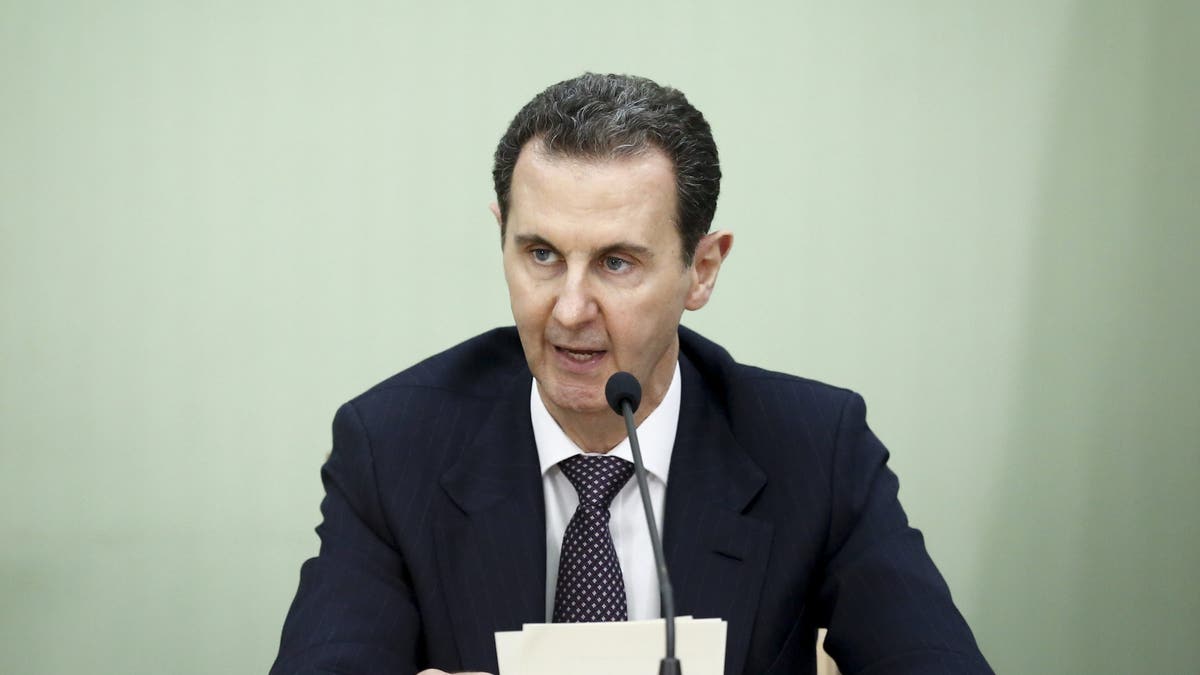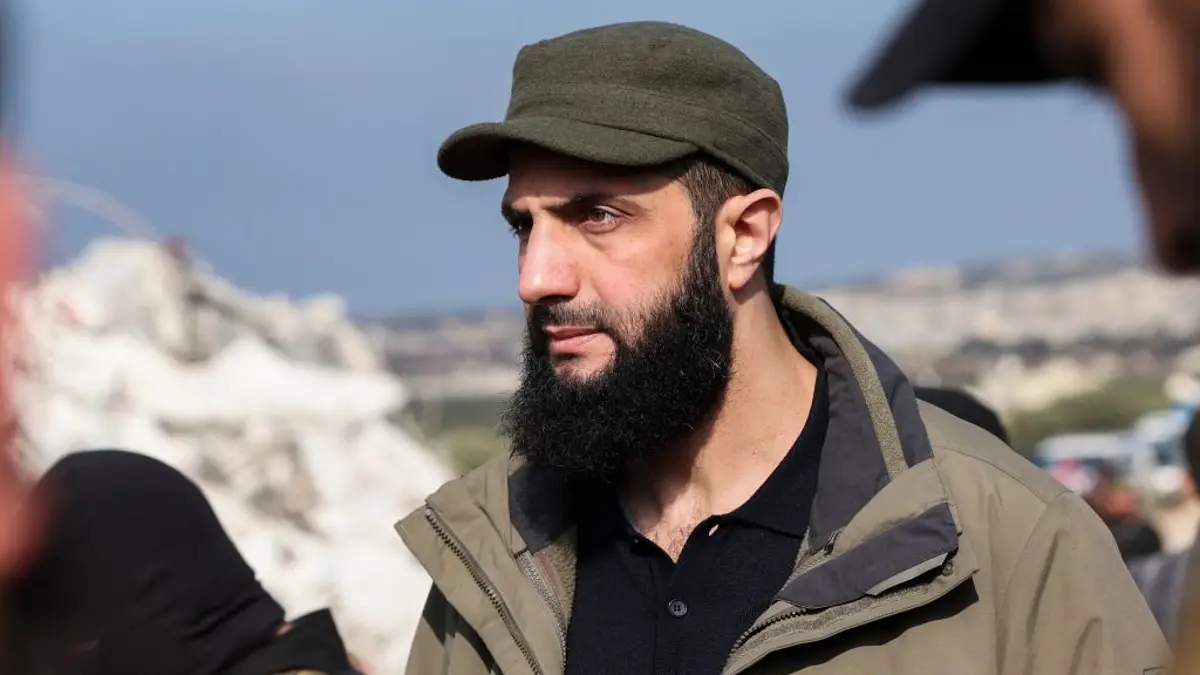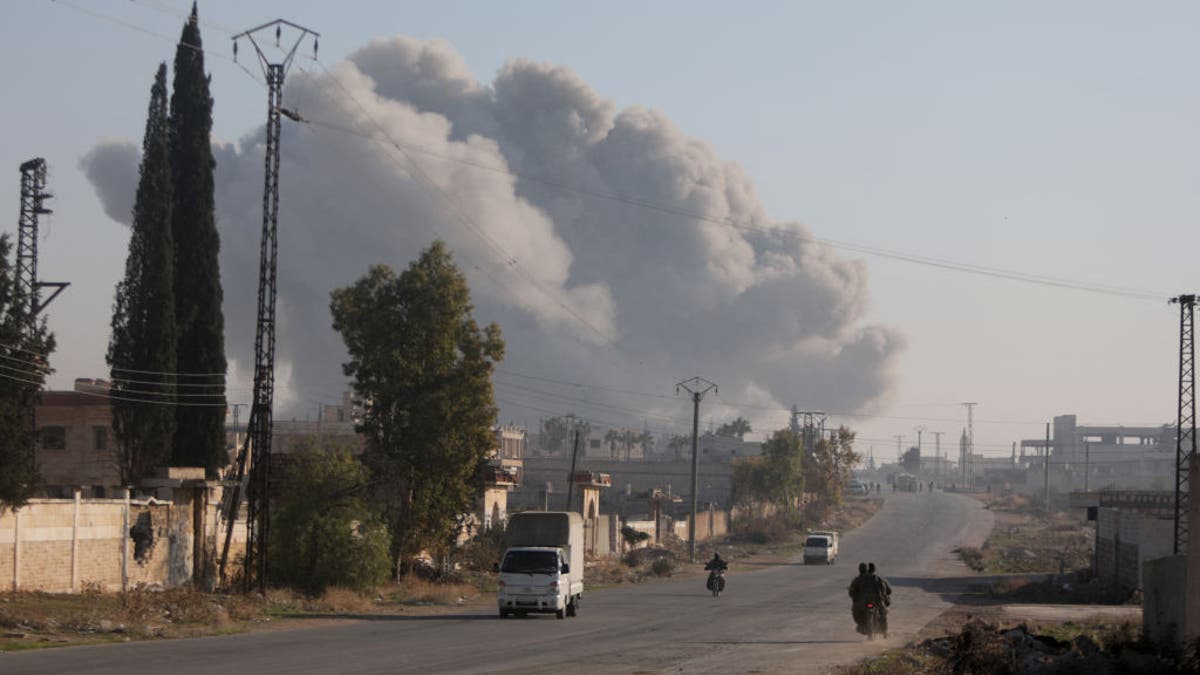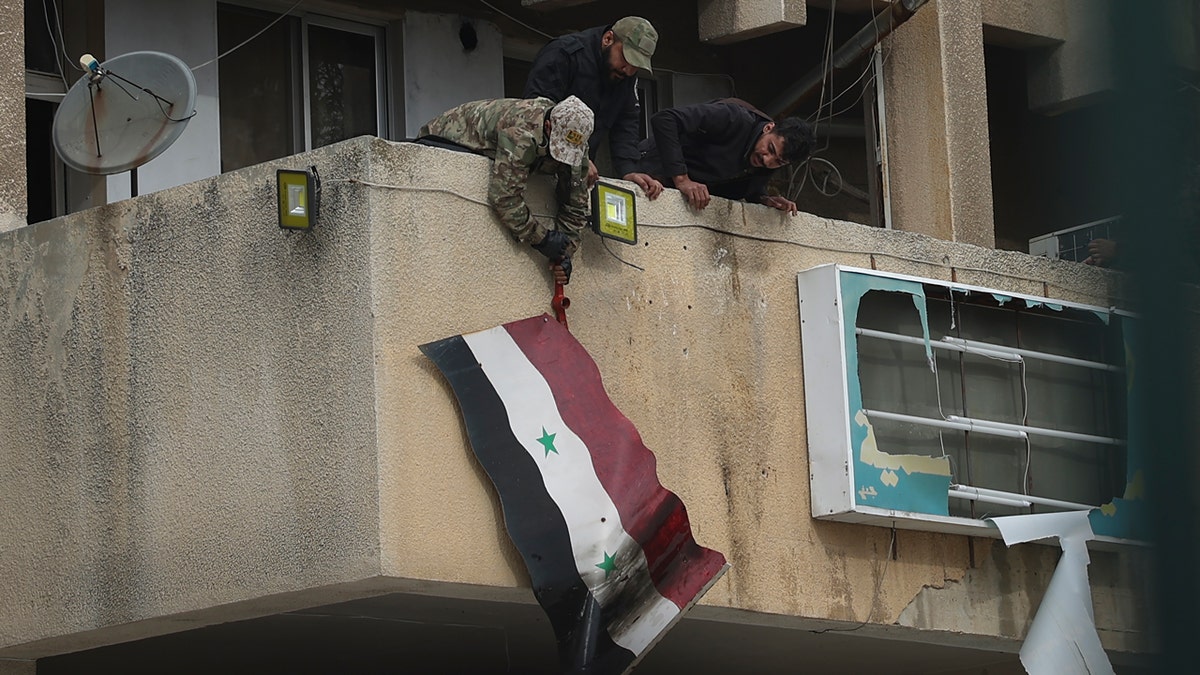The collapse of Bashar al-Assad's regime in Syria has created a complex power vacuum, with various factions competing for influence and control. This upheaval stems from years of civil war, leaving the nation vulnerable to instability and potential resurgence of extremist groups.

The U.S., concerned about the re-emergence of ISIS, has conducted airstrikes targeting the group in central Syria. Simultaneously, Turkey continues its attacks against U.S.-backed Kurdish forces in northern Syria, further complicating the situation. Here's a breakdown of the key players in this evolving conflict:
Hayat Tahrir al-Sham (HTS)
HTS, an Islamist militant group, played a pivotal role in Assad's downfall and now controls Damascus. Despite this, the U.S. considers HTS a terrorist organization and has placed a bounty on its leader. While originally affiliated with al Qaeda, HTS primarily focuses on establishing an Islamic state within Syria. The group has recently attempted to soften its public image, emphasizing its governance in Idlib and commitment to protecting cultural sites. Some suspect Turkey's involvement in HTS's offensive.

Syrian Government Forces
Although Assad's forces, supported by Russia, Iran, and Hezbollah, initially suppressed rebellions, they were ultimately overwhelmed. HTS recently declared an amnesty for conscripted soldiers, signaling a shift in the conflict's dynamics.

Syrian National Army (SNA)
The SNA, a Turkish-backed coalition, primarily opposes Kurdish forces but also participated in the events leading to Assad's fall. The SNA views the U.S.-backed Kurdish forces as connected to the PKK, a Kurdish militant group in Turkey.
Syrian Democratic Forces (SDF)
The SDF, a U.S.-backed Kurdish group, has been a key partner in the fight against ISIS. While not directly involved in Assad's ousting, they welcomed the change, hoping for a democratic future for Syria.
Turkey
Turkey's relationship with Syria has deteriorated since 2011. Despite being a NATO ally of the U.S., Turkey opposes the U.S.-backed Kurdish forces in Syria. Turkey aims to push Kurdish forces from its border and potentially leverage the current situation to gain control of border regions.
Russia
Russia has been a long-standing supporter of Assad, recently granting him asylum. Russia's involvement in the Ukraine conflict has potentially limited its ability to support Assad's regime.

Iran
Iran was a major backer of Assad, providing military support and directing Hezbollah's involvement. However, Hezbollah's redeployment to Lebanon to counter Israel weakened Assad's position. HTS has criticized Iran's influence in Syria.
Israel
Israel attributes Assad's downfall partly to its operations against Hezbollah. Israel has targeted Assad's chemical weapons facilities and secured a buffer zone in the Golan Heights, citing security concerns. Israel also seized Mount Hermon, a strategic high point on the border.

U.S.
The U.S. maintains a military presence in Syria, partnering with the SDF against ISIS. President Biden has affirmed the U.S. commitment to regional stability and preventing ISIS resurgence. The U.S. has conducted strikes against ISIS targets and pledged support to Syria's neighbors. President Biden views the situation as an opportunity for a positive change in Syria.
Comments(0)
Top Comments